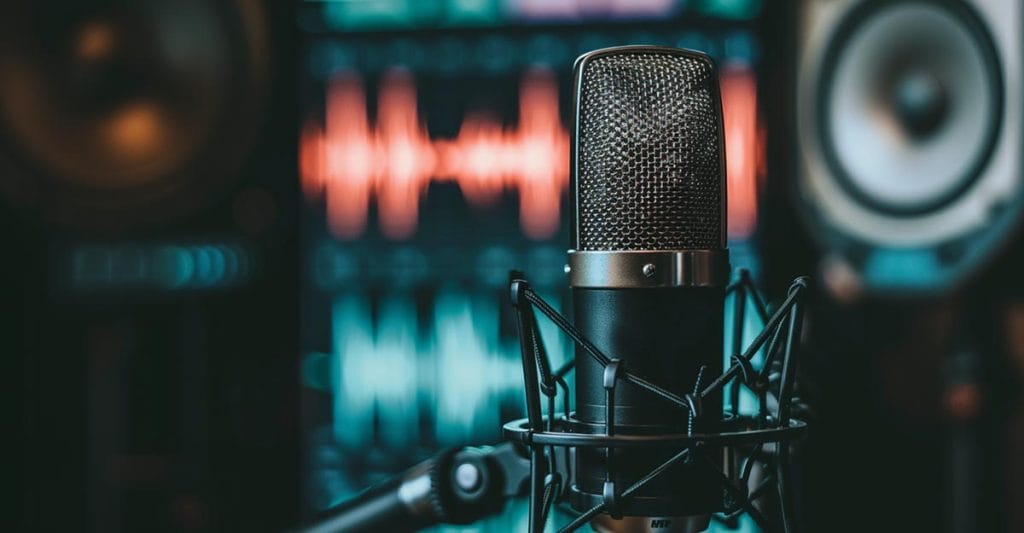Last spring, John* purchased health insurance through the Washington State healthcare exchange. He was surprised when, last month, he received an email from the exchange at the address he’d provided when he signed up. The email was entitled, “Voter Registration Information.”
It read, in part:
[quote]“ARE YOU REGISTERED TO VOTE? If you would like to register to vote or
update your information, visit the Washington Secretary of State
website at https://weiapplets.sos.wa.gov/myvote?Org=confidHBE&language=en”[/quote]
“I did think it was an effort to [register voters] for the Democrat party,” says John, a union member for the better part of four decades.
He wasn’t the only healthcare exchange customer to get the voter registration email.
 The voter registration outreach is the result of an aggressive lobbying campaign. Advocacy groups pushed hard to argue that the new Obamacare healthcare exchanges fall under The National Voter Registration Act of 1993. It requires states to provide residents who are receiving public assistance opportunities to register to vote.
The voter registration outreach is the result of an aggressive lobbying campaign. Advocacy groups pushed hard to argue that the new Obamacare healthcare exchanges fall under The National Voter Registration Act of 1993. It requires states to provide residents who are receiving public assistance opportunities to register to vote.
Some state officials had questioned whether the healthcare exchanges fell under the federal mandate or what the mandate required. And some activists raised objections to the idea of using Obamacare to register new voters.
California’s exchange was not initially registering voters, but soon faced legal challenges from the American Civil Liberties Union (ACLU), the League of Women Voters, and others.
Last March, the state headed off lawsuits by agreeing to send voter registration cards to 3.8 million Californians who applied for health insurance in time for the June 3 primary election.
Katie Blinn, the co-director of elections in Washington State said that the Washington Secretary of State began hearing about the topic and getting lobbied some months ago at national meetings and in professional circles. The state also received letters from groups such as Project Vote, Demos voting rights group and the Lawyers’ Committee for Civil Rights.
“Emails went out to all [535,000] applicants who provided an email address,” says Blinn. Additionally, snail mail letters were sent to 618,000 households.
In Washington State, the effort did not appear to result in mass registration. Blinn says that as of a few weeks ago, there were 200 new registrations, 1,270 people confirmed their voter registration information and 425 people updated their address. The state is unable to determine which party may have benefited since party affiliation is not a required listing.
*real name is being withheld at his request.


